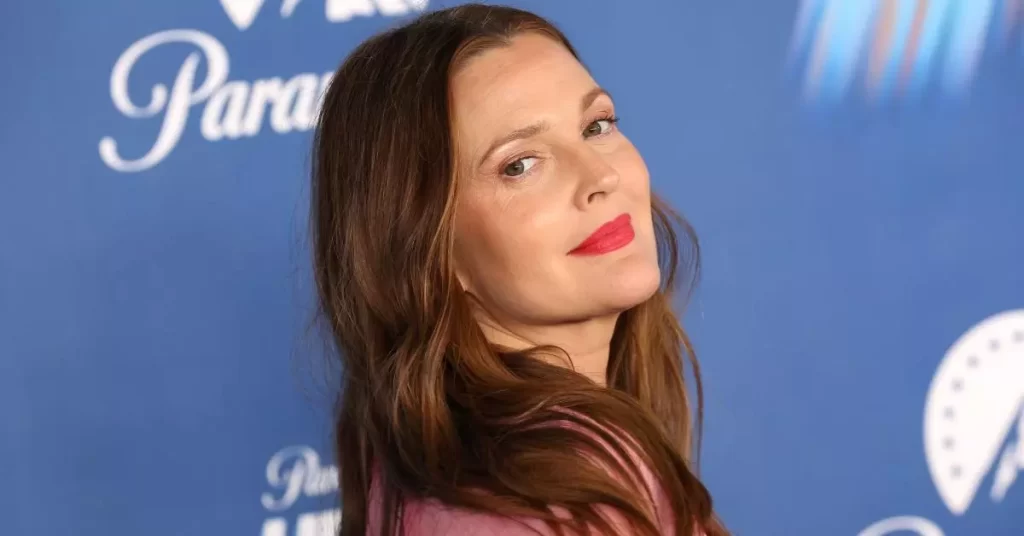Drew Barrymore Sparks Controversy Through Her Talk Show Return
In a dramatic turn of events, Drew Barrymore’s decision to resume production of “The Drew Barrymore Show” has sparked intense controversy amidst the ongoing Writers Guild of America (WGA) strike. The strike, which began in May, has writers across Hollywood standing united, demanding fair compensation, secure pension plans, and comprehensive health insurance.
Barrymore’s announcement of the show’s return came as a surprise to many, especially considering her initial stance in solidarity with the striking writers. In a heartfelt Instagram post, she addressed her fans, explaining her choice: “I am making the choice to come back for the first time in this strike for our show, that may have my name on it, but this is bigger than just me.” Despite her empathetic words, critics argue that her decision contradicts the very essence of the strike, which aims to challenge the industry’s treatment of writers.
The actress-turned-talk-show-host also clarified her previous withdrawal from hosting the MTV Movie & TV Awards, a move lauded by many as a display of solidarity. Barrymore explained that her decision was based on the specific nature of the event, which didn’t directly conflict with the strike’s focus on studios, streamers, film, and television. This explanation, however, did little to appease the growing chorus of disapproval from both within and outside the industry.
“The Drew Barrymore Show,” which wrapped up filming its third season in April for a summer hiatus, was set to return for its highly anticipated fourth season on September 18. However, this return has been met with fierce opposition from the WGA. Picketing outside the CBS Broadcast Center in New York, where the show is filmed, the writers have made it clear that they vehemently disagree with Barrymore’s choice to resume production amid the strike.
CBS Media Ventures, the production company behind the talk show, attempted to address the controversy in a carefully worded statement. They asserted that “The Drew Barrymore Show” would not involve any writing work covered by the WGA strike, effectively sidestepping the issue. This strategic move aims to continue production without violating the strike rules, but it has done little to quell the dissatisfaction among the striking writers.
What intensifies the situation is the fact that “The Drew Barrymore Show” isn’t the only daytime talk show facing picketers. “The View,” a show that resumed airing earlier this month, has also come under fire. The presence of picketers outside major television studios underscores the unity among writers, regardless of the specific shows they work on.
As the strike continues, the entire entertainment industry holds its collective breath. The fate of numerous TV shows and films hangs in the balance, with writers resolute in their demands. The strike has garnered immense support, not just from writers but also from actors, directors, and other industry professionals who recognize the pivotal role writers play in shaping the narratives that captivate audiences worldwide.
In this challenging moment, Drew Barrymore’s decision to resume her show has become a focal point of discussion and debate. Admirers commend her dedication to her craft, while critics question the timing and implications of her choice. The clash of opinions underscores the complexity of the situation, where personal and professional choices intersect with broader labor issues in the entertainment industry.
As the strike unfolds, the future of television and film production in Hollywood hangs in the balance. The outcome of this labor dispute will undoubtedly leave a lasting impact, reshaping the dynamics between writers, producers, and the entire entertainment ecosystem. The industry watches closely, awaiting the resolution of this conflict that has exposed deep-seated issues within Hollywood’s glamorous facade.



